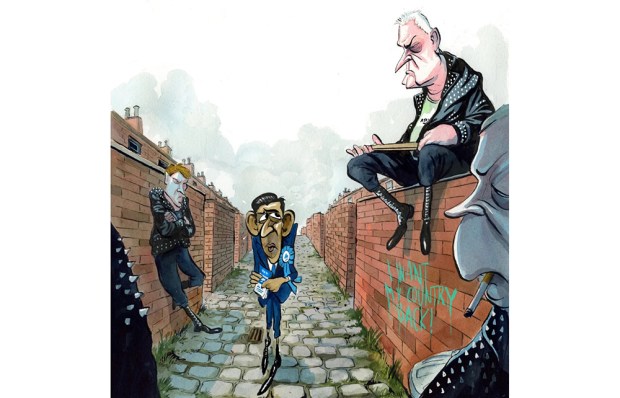As I sat down to write this column, an old friend let me know he’d just been ‘debanked’. That is, he’d received a letter from his high-street bank notifying him it was closing his accounts. ‘Following a review, we’ve made the decision that you will not be able to bank with us any longer,’ it said, not even bothering to put the word ‘difficult’ before ‘decision’.
Already a subscriber? Log in
Subscribe for just $2 a week
Try a month of The Spectator Australia absolutely free and without commitment. Not only that but – if you choose to continue – you’ll pay just $2 a week for your first year.
- Unlimited access to spectator.com.au and app
- The weekly edition on the Spectator Australia app
- Spectator podcasts and newsletters
- Full access to spectator.co.uk
Or
Unlock this article
You might disagree with half of it, but you’ll enjoy reading all of it. Try your first month for free, then just $2 a week for the remainder of your first year.















Comments
Don't miss out
Join the conversation with other Spectator Australia readers. Subscribe to leave a comment.
SUBSCRIBEAlready a subscriber? Log in